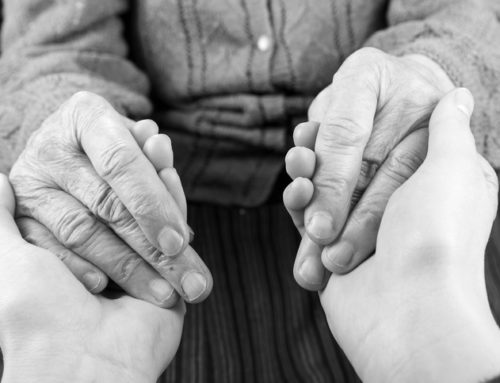Parkinson’s Disease (PD) does not just affect the individual diagnosed with this disease, but their family and friends, as well. And once the diagnosis of PD has been established, it is only natural that a range of emotions will occur with the patient, family members and caregiver; as each new stage of the disease presents itself, adjustments will need to be made in order to accommodate the progression and challenges of the symptoms.
Some of the difficulty could very well include a commitment to your current job! So how can you manage the demands of finding that work/life/caregiving balance, while protecting your job and fulfilling your other responsibilities?
- Look for an outside agency to retain a companion or aide to assist with the cooking, cleaning, laundry, grocery shopping. (This will help the family caregiver to better manage their daily lives, including their own work and family life).
- Take a leave of absence, but be sure to do the research—FMLA, health benefits, pay and job security. (According to WebMD- to receive FMLA- “in general, you must work for a company with at least 50 employees, a government agency, or elementary or secondary school to be covered, although state laws may cover you at a smaller employer, so do your research).
- Keep in mind, no two people are alike—each PD patient progresses at their own rate—as these changes occur, shifts in care, role reversals and responsibilities will need to be adjusted.
It’s really no surprise that this is when caregiver burnout can set in and frustration levels escalate. But once you recognize and know the signs, you can take the necessary steps to avoid/alleviate the symptoms.
Signs of Caregiver Burnout:
- Increased anxiety and feelings of depression
- Ignoring important responsibilities
- Decreased patience level and feeling short- tempered
- Starting to drink, smoke, or eat more
- Exhaustion and Trouble sleeping
Tips to Help Avoid/Alleviate Caregiver Burnout:
- Take time for yourself –engage in regular exercise in order to manage stress levels
- Educate yourself to better understand the progression of PD
- Prioritize daily tasks so that you do not work to exhaustion
- Listen to music, get a massage or engage in yoga and deep breathing
It’s true that all days are NOT bad for the PD patient. However, advanced planning to establish and manage the daily and important tasks will help you, the caregiver and patient, better deal with the demands and challenges of self and assisted care.
Remaining as autonomous and independent as possible for the PD patient is critical to maintaining a healthy mindset, keeping depression at bay and keeping active. There are products that can make daily living activities much more manageable such as, Bathing/Grooming, Dressing and Toileting aids.
Both emotional and physical stressors exist for both the PD patient and caregiver, and it can take its toll. Be sure to respect your limits to avoid caregiver burnout—it’s essential to your health and your loved one who needs your care.
You can all benefit from the positive energy.
Sources: WebMD.com





